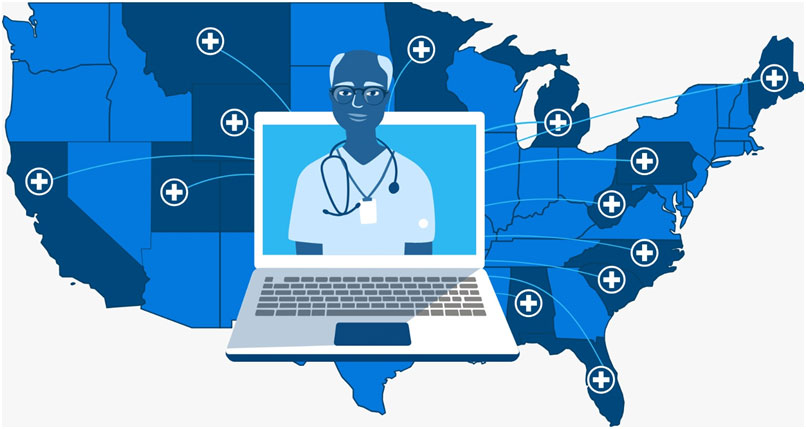

Licensure is critically important for healthcare providers for several reasons:
- Patient Safety: Licensure ensures that healthcare providers meet minimum competency and educational requirements to practice medicine or provide healthcare services. This is essential for patient safety as it helps prevent unqualified individuals from practicing medicine and potentially endangering patients' lives.
- Quality of Care: Licensure ensures that providers have the necessary training and skills to deliver high-quality care. It sets a baseline standard for competency and ensures that providers are up-to-date with current medical practices and guidelines.
- Legal and Regulatory Compliance: In many countries and states, practicing medicine without a valid license is illegal. Healthcare providers are required to obtain and maintain licensure to legally practice medicine. Failure to do so can result in legal consequences, including fines and imprisonment.
- Professional Accountability: Licensure holds healthcare providers accountable for their actions and decisions. It provides a framework for addressing complaints and concerns about a provider's conduct or competence. Licensing boards can investigate and take disciplinary actions when necessary, including revoking a provider's license in cases of serious misconduct or incompetence.
- Insurance Participation: To participate in insurance networks and receive payment for services rendered, healthcare providers typically need to be licensed. Insurance companies often require providers to be licensed as a condition of network participation, ensuring that patients can access care and have their insurance claims processed.
- Access to Hospital Privileges: Hospitals and healthcare facilities often require providers to have a valid license to grant them hospital privileges. These privileges are necessary for admitting and treating patients within a hospital setting.
- Medical Malpractice Coverage: Medical malpractice insurance providers typically require healthcare providers to have a valid license to obtain coverage. This insurance protects providers in the event of malpractice claims, offering financial protection in case of legal action related to patient care.
- Patient Trust and Confidence: Patients rely on licensure as a marker of a provider's legitimacy and qualifications. Knowing that their healthcare provider is licensed can instill trust and confidence in patients, leading to better doctor-patient relationships and improved patient satisfaction.
- Continuing Education and Accountability: Licensure often involves requirements for continuing education and professional development. Providers must stay current with advances in medicine and adhere to ethical standards, ensuring ongoing competence and accountability throughout their careers.
- Public Health and Safety: Licensure contributes to public health and safety by ensuring that healthcare providers are qualified to diagnose, treat, and prevent medical conditions. It helps prevent the spread of disease and reduces the risk of medical errors.
In summary, licensure is a fundamental requirement for healthcare providers to practice legally and safely. It serves as a safeguard for patient well-being, establishes standards of competence, holds providers accountable, and supports the overall integrity of the healthcare system.
Latest Blog


Why Credentialing is Important for Provider
2023-10-09 01:25:13